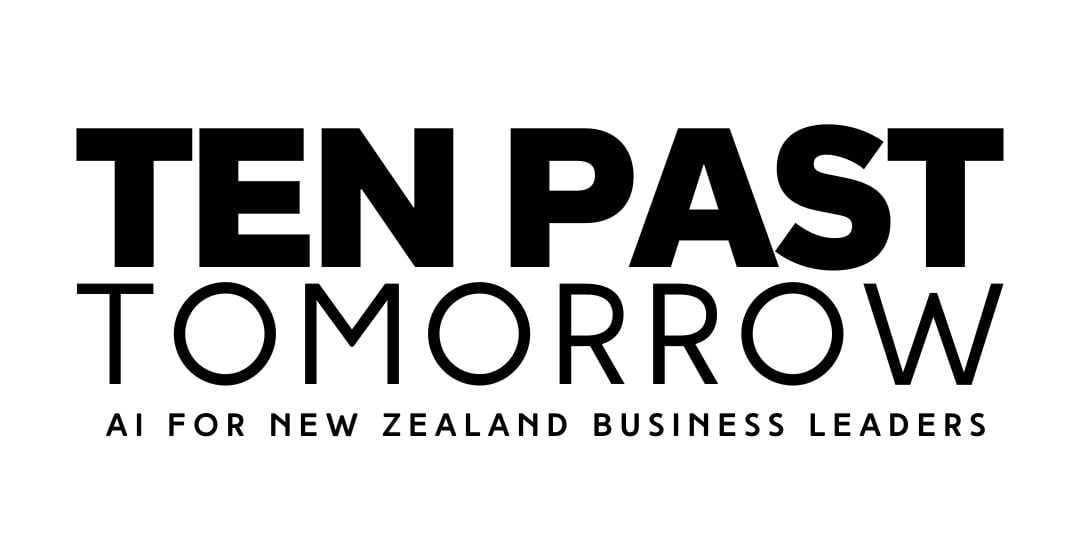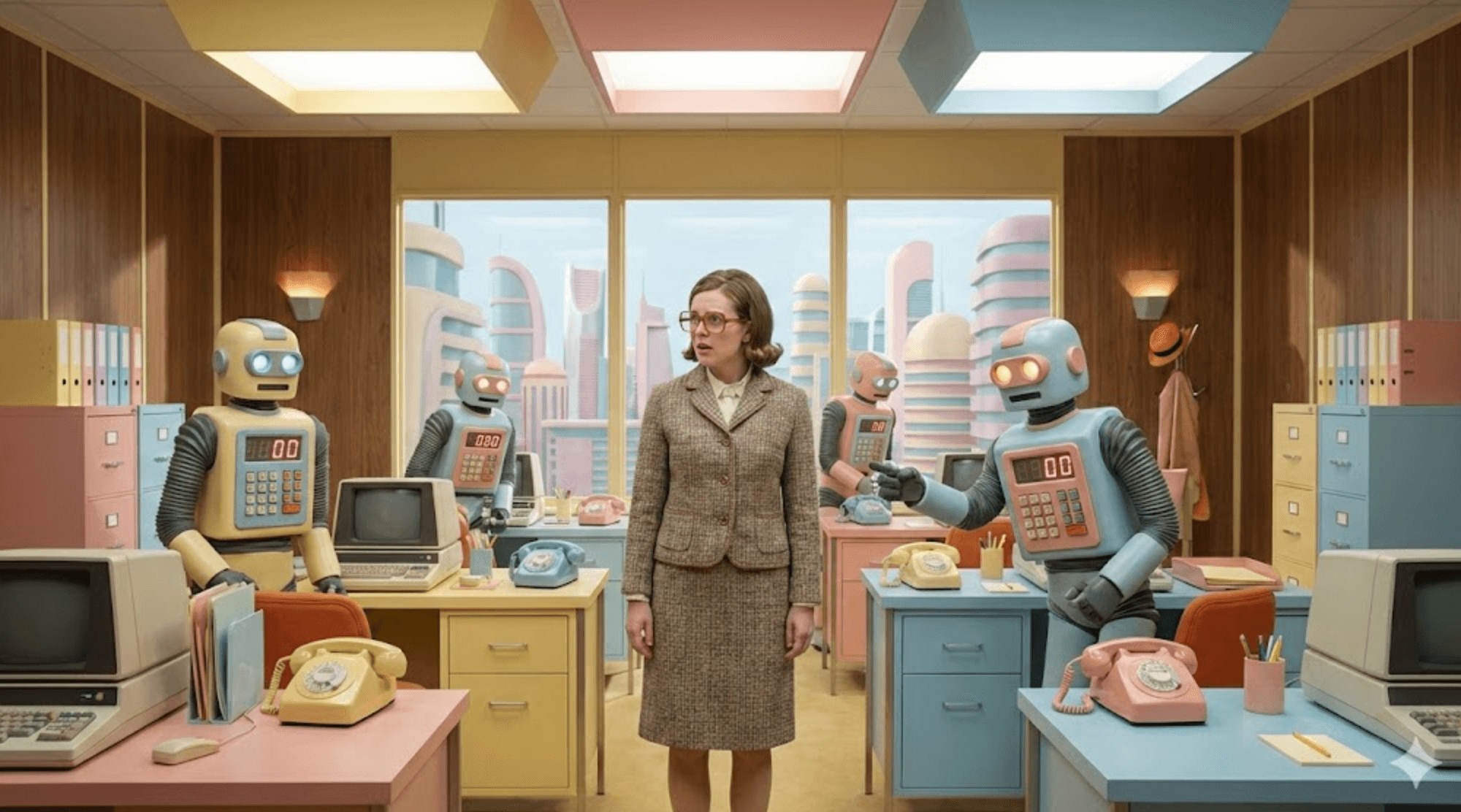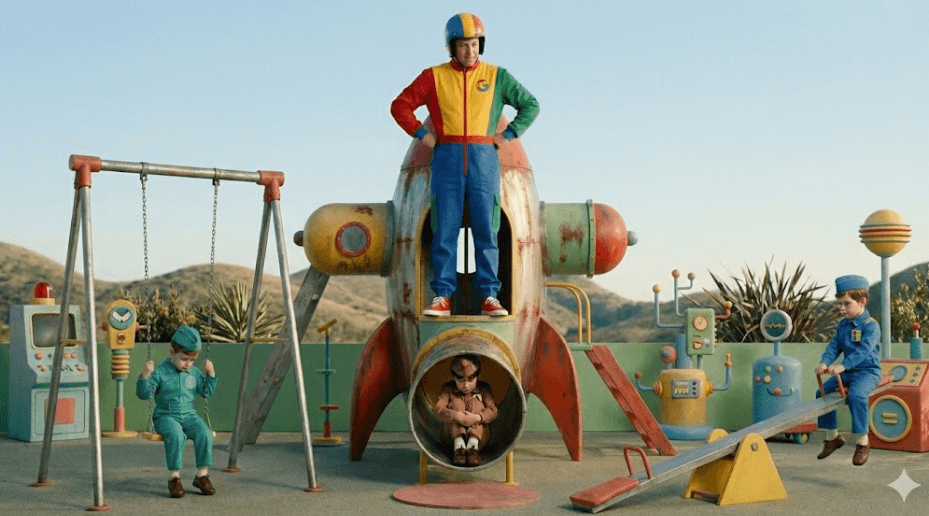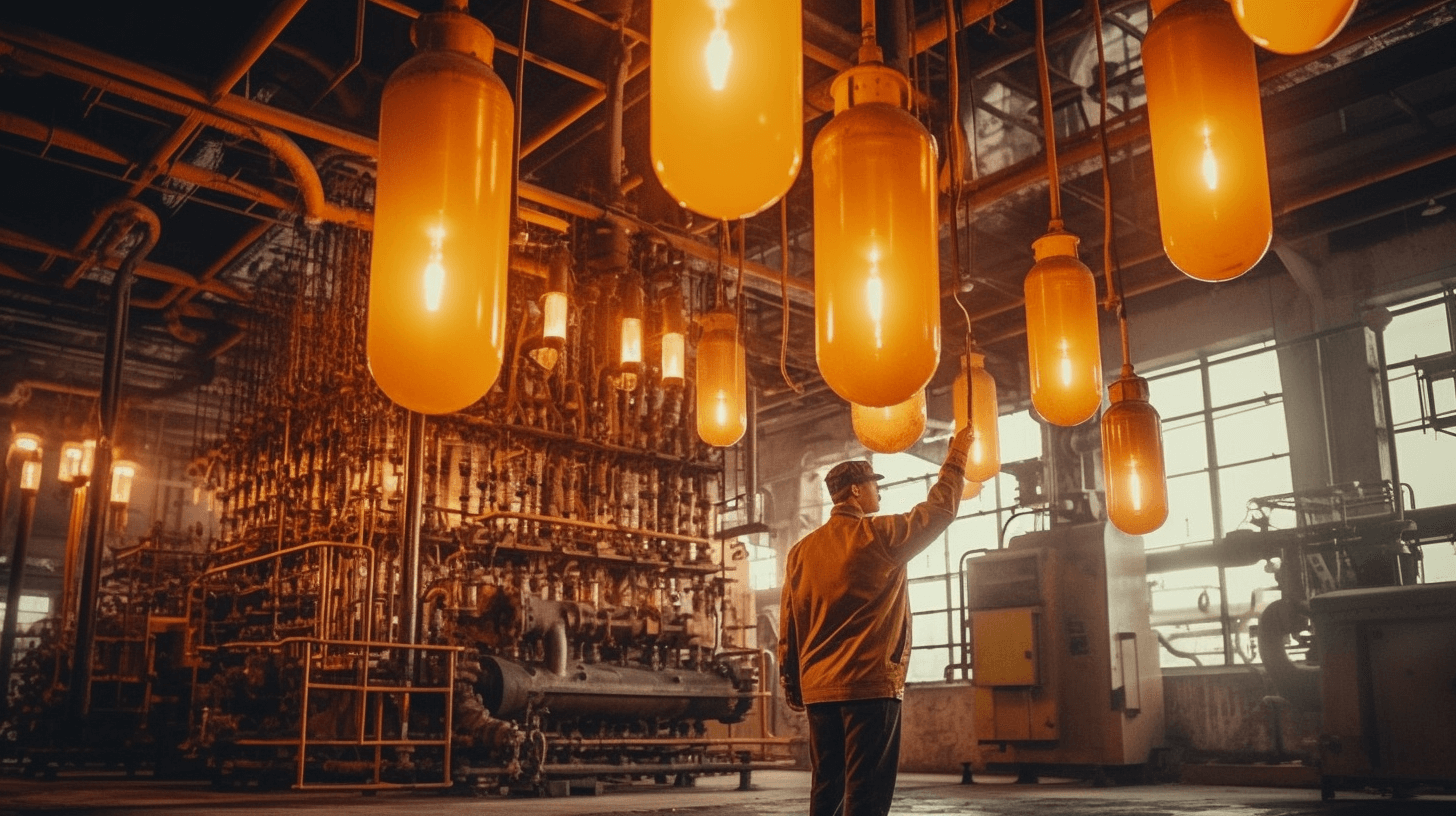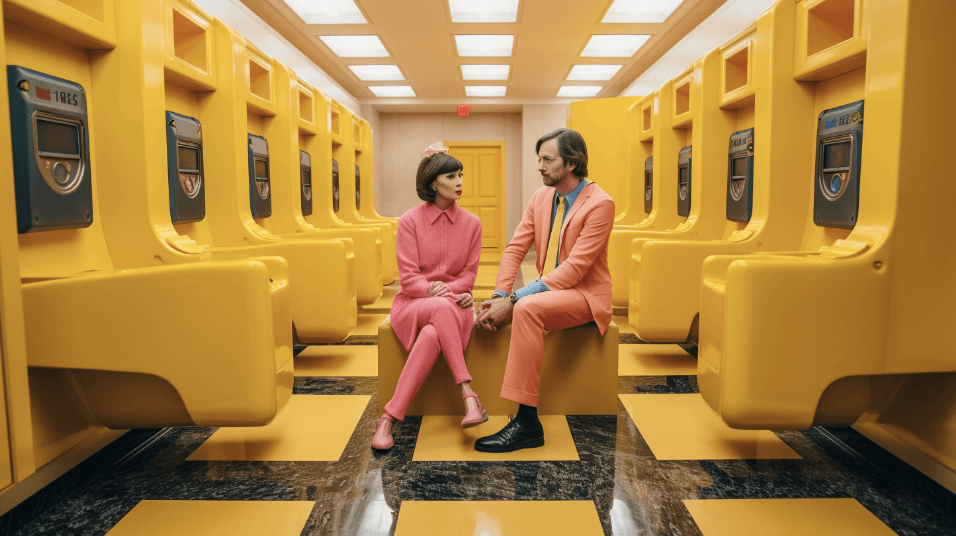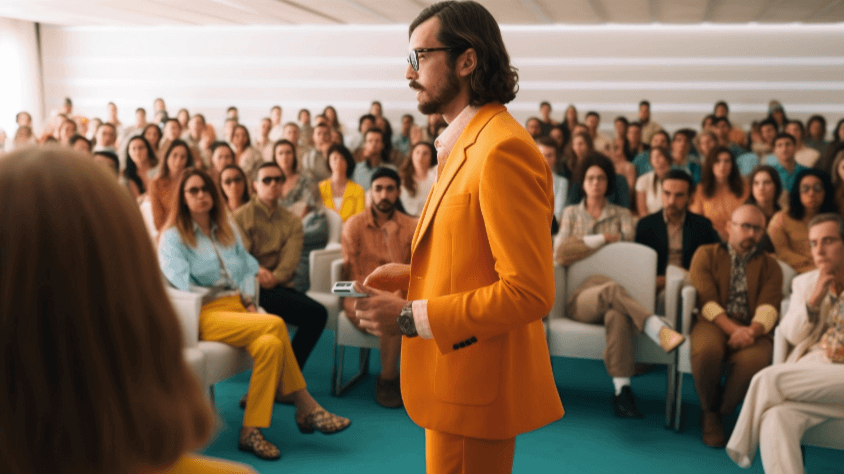The harmony of humanity & AI
This week, I had the privilege of going to a concert by one of my all-time favourite artists; Fred again.
The guy is a straight-up musical genius.
As the night went on, in listening and watching an artist that was so obviously completely in “flow”, I had a strong feeling about there being parts of our human experience that I truly hope will never be replicated or replaced by AI.
Fred's music is intricate, beautiful, tell stories, inspires people, and brings them together – qualities that are uniquely human and should always be preserved and cherished, separate from AI and machines.
His music is a testament to the impact that human creativity can have on our lives and a prime example of the power of human creativity and self-expression. If Fred had been born a few hundred years ago, I don’t doubt that he would have been celebrated as a composer on par with the likes of Mozart or Beethoven.
But Fred's genius isn't just about technical skill; it's about the way his music connects people.
When I looked around the crowd during his concert, I saw people from all walks of life united in a shared experience, and emotional connection.
I think that's the essence of human creativity – the ability to create something that resonates with others and brings people together in a way that no machine could ever replicate.
Throughout history, we have seen countless examples of how human creativity has driven progress and enriched our lives.
From the brushstrokes of Vincent van Gogh to the soaring melodies of Aretha Franklin, from the innovative designs of Antoni Gaudi to the transformative words of Maya Angelou, human ingenuity and self-expression have been at the heart of our greatest achievements.
These creators didn't just make art; they tapped into something deep within the human spirit and brought it to life in ways that continue to inspire and move us long after they're gone.
The role of AI in enhancing human potential
Almost daily, I get caught in a tough place; wanting to reserve space to celebrate human creativity, while acknowledging the incredible potential of AI to amplify and augment our capabilities as humans.
It's a tricky line to walk.
As an advocate for generative AI, in my work with clients I see firsthand how this technology can and does enhance human capabilities and unlock new possibilities across countless industries and business models.
And we’ve been here before. Kind of…
An obvious example of how technology can enhance human creativity is the invention of the printing press by Johannes Gutenberg in the 15th century.
Before Gutenberg's invention, books were painstakingly copied by hand, limiting their availability and accessibility. The printing press changed all that, making it possible to mass-produce books and disseminate first knowledge, then creativity, on an unprecedented scale.
Suddenly, ideas that had once been confined to a select few could spread like wildfire, igniting the imaginations of people across the globe and paving the way for the Renaissance and the Scientific Revolution.
But the printing press didn't just amplify the reach of human creativity; it also highlighted and accented the enduring value of human skill and artistry.
The intricate illustrations and elegant typefaces of early printed books were a tip of the hat to the irreplaceable role of human creativity in the production process.
Even as technology advanced, the human touch remained essential, with master printers and typographers continuing to push the boundaries of what was possible with ink and paper.
And yes, I acknowledge that the disruptive potential of AI far supersedes the threat the printing press posed. This is a new class of threat to human creativity, given it can replicate and synthesise “thinking” and “creating” in ways the mechanical printing press never could.
However, and this is crucial - we have agency.
As the generation creating AI, we also have the power to choose how we deploy it.
Collectively, we can decide how to integrate it into our world in ways that augment and celebrate (rather than replace) the parts of us that make us uniquely human.
The importance of preserving human qualities
Creativity, empathy, and craftsmanship ( and many others) are traits that set us apart from machines and give our lives meaning and purpose. These qualities are not just nice-to-haves; I think they’re essential to our humanity, and we must fight to preserve them even as technology transforms the world around us.
Returning again to Gutenberg's printing press. The best printers were not just technicians; they were artists, crafting beautiful books that were as much works of art as they were vehicles for information.
Even today, in an age of digital everything, we still value the tactile pleasure of a well-made book, the smell of ink on paper, the feel of a leather-bound cover in our hands.
The same is true across countless other fields, from music and fashion to cooking, marketing, nursing and carpentry.
While AI and automation can certainly streamline certain processes and make our lives easier in many ways, in my view they cannot (or at least, should not) replace the human touch – the creativity, passion, and skill that go into making something truly special.
I think a world in which we celebrate machines becoming the pinnacle representation of these qualities would be a poorer world indeed.
Finding the balance: AI as a tool, not a replacement
So how do we shift our perspective to see technology as a tool to support and enhance human activities, rather than as a replacement for human skills and qualities?
While AI can automate certain tasks and provide valuable insights, it cannot replicate the spark of human creativity or the depth of human emotion.
At least not yet.
So at the same time that we are creating these powerful AI technologies, it is up to us to find the right balance of how we deploy them.
And for me, that means starting by developing AI literacy and understanding, at a mass scale.
This means investing in education and training programs that help people develop the skills and adaptability needed to thrive in an AI-driven world, while also fostering an appreciation for the inherent value of human qualities.
It means creating a future in which people have the opportunity to pursue their passions and derive meaning from their work, even as technology transforms the nature of many jobs. And it means recognising that, even as machines become more sophisticated and capable, there will always be a place for human creativity, empathy, and craftsmanship.
Conclusion
As I left the Fred again concert at the end of the night, I felt a real sense of appreciation for the power of human creativity and the importance of preserving it in the face of technological change.
The music I had just experienced was such a great example of the power of human self-expression; a reminder to me that there are some things I don’t want machines to ever be able to replicate or replace.
As we move forward into an increasingly AI-driven future, let’s prioritise finding the balance between innovation and preservation, between harnessing the potential of AI, and celebrating the qualities that make us human.
Let’s remember that, even as machines become more advanced, it is our creativity, our passion, and our empathy that will always be our greatest strengths.
I take inspiration from artists like Fred again, who remind us of the magic that is possible when human creativity flows unchecked.
So thank you, Fred, for the gift of your music and the reminder of what truly matters.
It’s artists like you that remind us to cultivate and celebrate our own unique creative sparks, even as we embrace the incredible potential of AI to enhance and augment our human capabilities.
